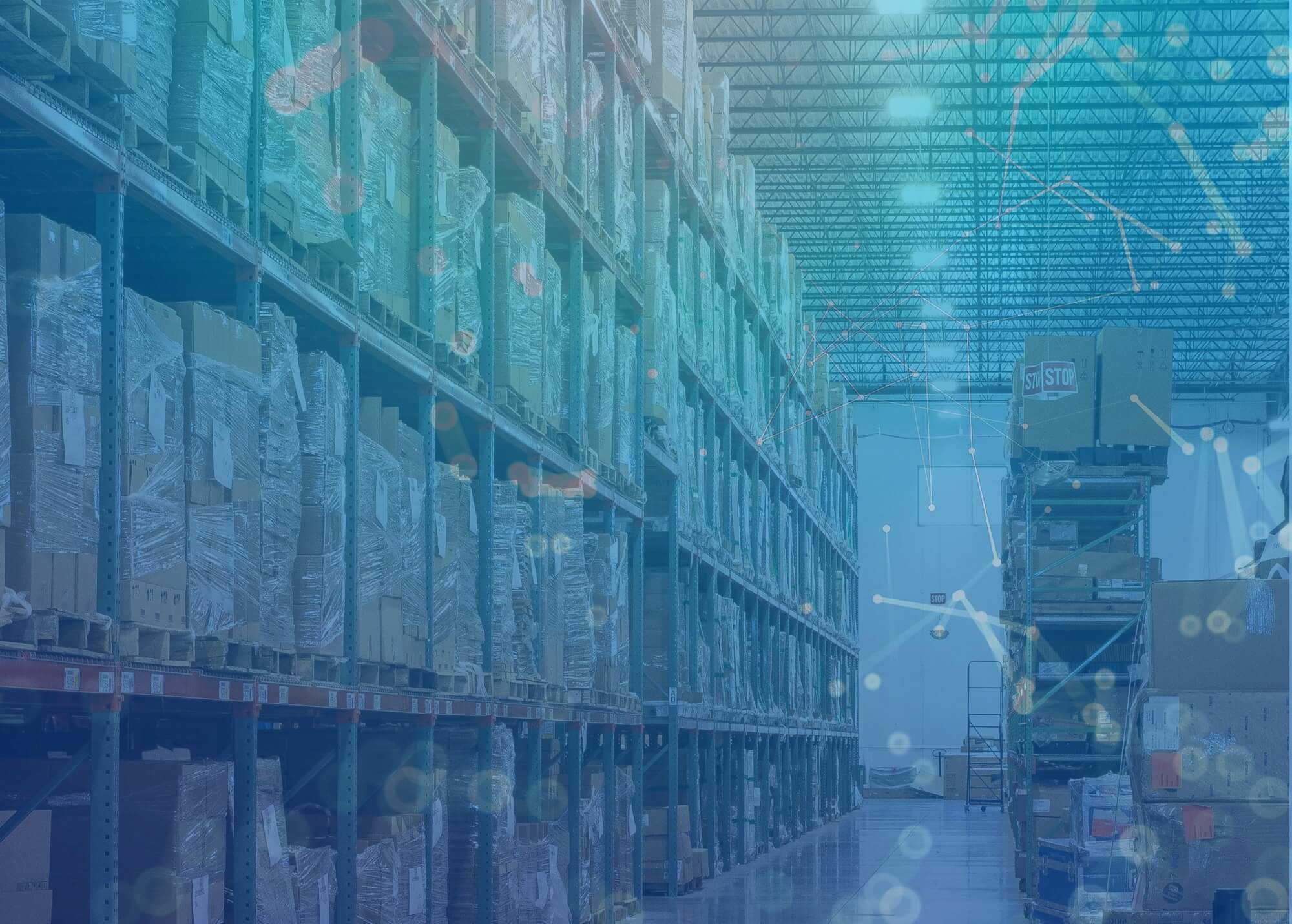When uncertainty reigns in the business world, it can be challenging to keep a focus on ethics and sustainability. Neither appears on the balance sheet per se, but that doesn’t lessen their impact on the financials. Though perhaps not a driving force, a hint of “do good to do well” has permeated the C-suite for years as companies seek to stay in tune with their customers, suppliers, partners, investors and employees as well as regulatory agencies watching over environmental, social and governance (ESG) matters.
Governments, regulatory bodies and global coalitions have undeniably impacted the way we think about our supply chains, but so have the opinions of consumers, investors and business partners. For original equipment manufacturers (OEMs) seeking the best path forward, a supply chain outsourcing partner can be invaluable as sentiment and economic headwinds shift.
The Effects of Tariffs on Ethics and Sustainability Decisions
While tariff risk mitigation is understandably top of mind right now, integrity and ethical business practices never go out of style. Companies continually assess their exposure to risk, including the financial impact of import duties. After all, tariffs aren’t new. They’ve long been used to sway behavior, influence human rights and protect domestic markets, though they’ve been supplanted in large part by mutual trade agreements. Before this round of US tariffs dominated the conversation, most nations worldwide had some sort of tariffs on the books. As Investopedia points out, when “The Wealth of Nations” was published in 1776, “international trade was largely defined by extremely restrictive import tariffs and quotas."
It remains to be seen whether tariffs outweigh sustainability and ethical supply chain considerations as OEMs look for sourcing and manufacturing alternatives that allow them to work around affected nations. The tariffs currently imposed by the US on imported goods are creating agita worldwide, and the threat of retaliatory tariffs is adding to the concern. Nonetheless, 98% of the S&P 500 reports on their ESG interests. Given that they’re not likely to stop immediately, let’s take a look at how ethics and sustainability in supply chain management are playing out today.
Regulatory Issues Affecting Supply Chain Strategies
With increasing focus on companies’ impact beyond their four walls, conversations of sustainability and ethical supply chain management have become a regular part of corporate conversation. Global OEMs, in particular, face many inflection points as they assess where to source materials, locate facilities and dispose of e-waste. Community, regulatory and environmental issues abound. The day-to-day business of choosing suppliers, partners and locales is rarely as simple as it seems.
ESG Regulatory Challenges in the US
One factor complicating matters is the US Security and Exchange Commission’s (SEC) climate-related disclosure rules that mandate reporting on greenhouse gas emissions. Initially, the SEC sought to compel companies to disclose their own greenhouse gas emissions, as well as those of their suppliers. The latter — called “scope 3” emissions — caused such an outcry that the final rule omitted them, in part because many suppliers who are not subject to the mandate don’t track such metrics themselves, making it difficult for companies to adequately report on all their suppliers. Nonetheless, many publicly held companies will be required to report on scope 1 and scope 2 (direct and indirect) emissions by the end of 2025.
ESG Regulatory Challenges Around the World
The US is far from alone in implementing rules and standards that seek to govern climate- and ESG-related business impacts. For instance:
- The IFRS Sustainability Disclosure Standards, ratified at the beginning of 2024, seek to encourage companies to disclose climate-related risks for consistency and comparability across companies and countries.
- The EU Corporate Sustainability Reporting Directive requires large companies and listed companies to publish regular reports on the social and environmental risks they face, and on how their activities impact people and the environment.
- The Basel Convention, a global treaty that went into effect in 1992, requires countries to seek consent before transporting electronics and electronic waste into other countries, many of which already have or are working to implement their own laws regarding e-waste.
- Once ubiquitous polyfluoroalkyl substances (PFAS), also known as “forever chemicals,” are on the verge of being outlawed in more places.
That’s just the shortlist. As of 2023, 81 countries (42%) had an e-waste policy, legislation or regulation in place, to say nothing of those that fall outside of e-waste specifically. Fortunately, there are clear steps companies can take to reduce their carbon footprint and address other critical ESG goals with a more sustainable supply chain.
Ethics Vs. Profitability
No matter how altruistic, companies must make a profit or they won’t be able to support the cost of doing business. Weighing those costs goes far beyond the balance sheet. On the easily quantifiable end of the spectrum, there’s the investment required for ESG data collection, analysis and auditing (people, software, etc.). Selecting supplier A over supplier B for ethical reasons, or location X over location Y for social or environmental reasons, may not be as math-friendly. Choosing the right path is often a balance between the fiscal, the functional and the altruistic.
The path of least resistance may be convenient, but that doesn’t always make it the right choice. For instance, there is a cost for cleaning up after oneself, as companies look for ways to deal with the detritus and e-waste of their manufacturing processes, the environmental degradation caused by mining for rare earth minerals, the emissions associated with shipping products around the world and the petro-versus-green conundrums associated with energy production. Even innovation has its sustainability sticking points when developing what’s new in the name of progress or competition seeks to replace what’s working just fine.
OEMs must factor brand reputation and investor preferences into the supply chain equation. Already, 70% of businesses consider ESG outcomes in their sourcing decisions. That’s a good thing — because finding oneself on the wrong side of public sentiment can be expensive in more ways than one.
Building a More Ethical Supply Chain With Sustainability at Its Core
Making sound supply chain decisions is central to a company’s ability to operate effectively on a global stage. With matters of sustainability permeating the conversation, adaptability and resilience are more important than ever. Building sustainability into the product lifecycle from design through disposition can make companies better able to withstand threats, whether natural (weather disruptions), accidental (port blockages) or manmade (tariffs, regulations, etc.). It can also lower the cost of manufacturing in general by way of less expensive materials, strategically located facilities and affordable expertise. On the back end, a sustainability mindset can increase recoverability and even open up new revenue streams when products reach end of life.
Matters of ethics are not to be taken lightly by supply chain and logistics managers, either. Corruption, forced labor and poor working conditions are on full display around the world, and OEMs must do their due diligence before embarking on a business objective or engaging a supplier. Clear-eyed risk assessments and frameworks can help companies identify and avoid high-risk scenarios, as can supply chain transparency and collaboration with trusted partners and suppliers.
Even then, the complexity of ESG reporting can seem daunting when you consider that organizations already report 110 environmental and social metrics annually, on average — even though less than half say they’re reporting on supplier sustainability data.
How Do You Build a More Ethical Supply Chain?
There isn’t one single perfect answer that will work for every company, but as OEMs seek to quantify and attain their ESG goals, choosing an outsourced services partner with rock-solid data integrity, transparency and reporting capabilities of their own makes it easier. From a supply chain perspective, that level of rigor, along with expertise in global, multitier supply chain management, circular economy capabilities and other environmentally and socially responsible practices can help OEMs balance the practical and the prudent.
In the whitepaper, “Reengineering Your Supply Chain,” discover how a trusted outsourced services partner can help you build a more sustainable, resilient and ethical supply chain and navigate an uncertain world without losing critical access to materials, parts and components.
About the Author
 Casey Swanson has been with the company since 2013 and serves as Senior Director of Supply Chain Management Services for Shyft Global Services, driving supply chain management excellence and operational efficiency. He earned his Project Management Professional (PMP)® certification and previously held roles with Northrop Grumman and the US Air Force. With a robust background in process optimization and program management, Casey is dedicated to simplifying complex logistics operations and implementing innovative solutions that drive efficiency.
Casey Swanson has been with the company since 2013 and serves as Senior Director of Supply Chain Management Services for Shyft Global Services, driving supply chain management excellence and operational efficiency. He earned his Project Management Professional (PMP)® certification and previously held roles with Northrop Grumman and the US Air Force. With a robust background in process optimization and program management, Casey is dedicated to simplifying complex logistics operations and implementing innovative solutions that drive efficiency.





